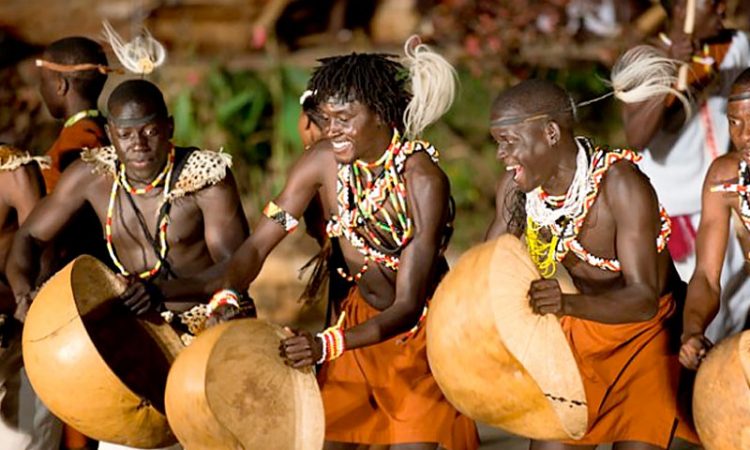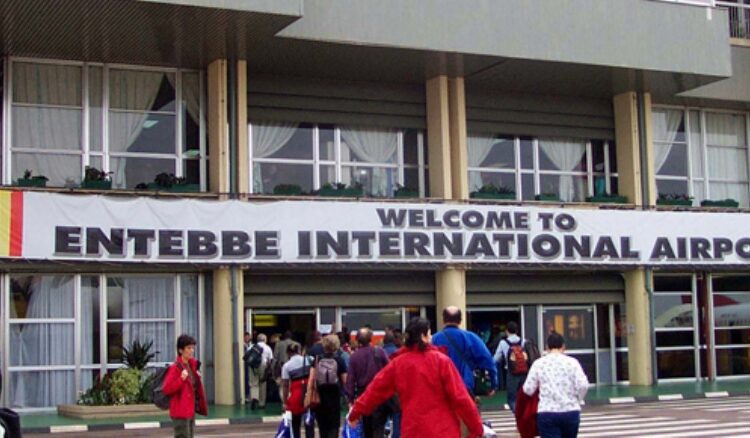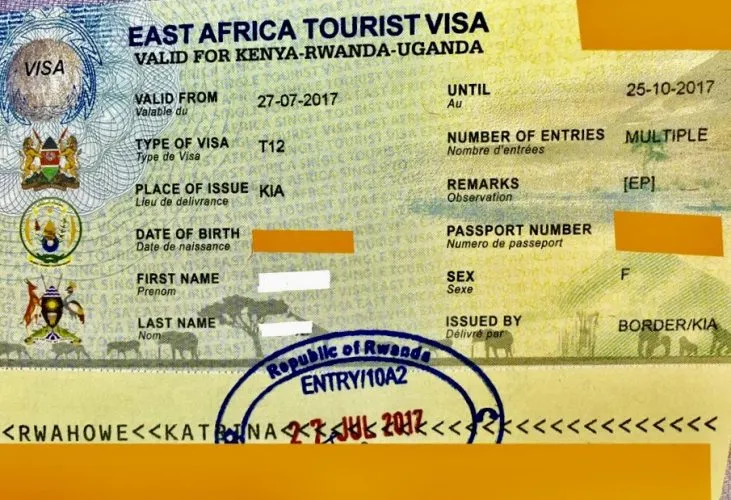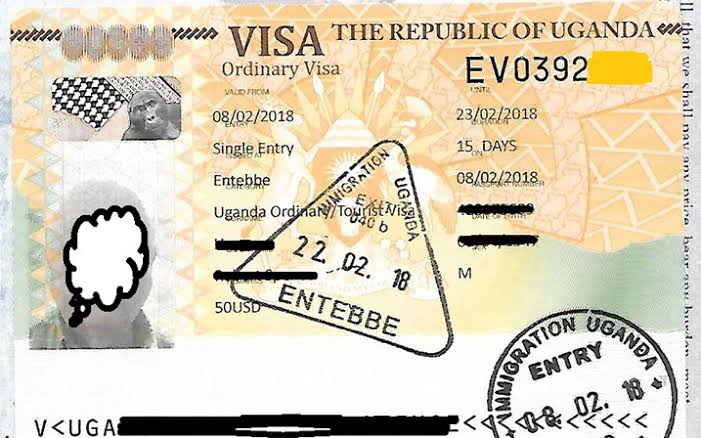
Main Tribes of Uganda and Their Cultures | Experiya Tour Company
October 29, 2025
How Ugandans Celebrate Christmas | Experiya Tour Company
October 29, 2025What Languages Are Spoken in Uganda?
Uganda, famously known as the Pearl of Africa, is a land of immense cultural and linguistic diversity. Beyond its rolling hills, majestic lakes, and extraordinary wildlife, Uganda’s soul lies in the words and voices of its people. With over 50 distinct tribes scattered across the country, Uganda is home to a fascinating range of languages that reflect centuries of migration, trade, and cultural exchange. These languages are not only a means of communication but also a bridge to history, identity, and community life.
For travelers, understanding Uganda’s linguistic landscape adds an extra layer of meaning to every encounter — from greeting a local in Luganda to hearing a song in Runyankole or learning a few words of Swahili in a bustling market. Language here is part of the adventure, a melody that accompanies every journey through the Pearl of Africa.
Uganda’s Linguistic Landscape
Uganda’s population speaks more than 40 local languages belonging mainly to three major language families: Bantu, Nilotic, and Central Sudanic. English serves as the official language and is widely used in government, education, and business, while Swahili is also recognized as a second official language and acts as a regional lingua franca, especially for trade and military communication.
While you can easily travel across Uganda using English, diving into local expressions enriches your experience and fosters genuine connections with the people you meet along the way. Each region has its dominant language, shaped by the history and traditions of the tribes who live there.
The Role of English – Uganda’s Official Language
English was introduced to Uganda during the British colonial period and became the country’s official language at independence in 1962. Today, it remains the language of government, education, and media. Most Ugandans, especially in urban areas, speak English to varying degrees, and you’ll find it on road signs, in newspapers, and on television broadcasts.
In schools, English is the primary medium of instruction, which has contributed to Uganda’s reputation as one of the most English-proficient countries in Africa. Travelers can comfortably navigate hotels, airports, and tourist attractions using English. However, stepping outside urban centers into rural communities often reveals a rich tapestry of local languages still thriving in everyday life.
Swahili – The Lingua Franca of East Africa
Swahili, or Kiswahili, is another important language in Uganda and holds official status alongside English. It connects Uganda to its East African neighbors — Kenya, Tanzania, Rwanda, and the Democratic Republic of Congo. Swahili developed as a trade language along the Indian Ocean coast and gradually spread inland through merchants, missionaries, and soldiers.
In Uganda, Swahili is widely spoken in markets, by security forces, and in border regions. It is also used as a common communication bridge among people of different ethnic groups, especially in multicultural cities like Kampala and Jinja.
A few Swahili phrases go a long way with locals. Saying “Habari” (hello), “Asante” (thank you), or “Karibu” (you’re welcome) often earns warm smiles. For travelers exploring multiple East African countries, learning basic Swahili makes interactions smoother and more meaningful.
Luganda – The Most Widely Spoken Indigenous Language
When it comes to native languages, Luganda stands as the most widely spoken in Uganda. It is the language of the Baganda people, the largest ethnic group in the country, and the official language of the Buganda Kingdom. Luganda is prevalent in central Uganda, particularly in and around the capital, Kampala.
Beyond the Buganda region, Luganda has become a lingua franca, understood by millions of Ugandans in business, trade, and daily communication. Many radio stations, television programs, and newspapers broadcast in Luganda, reflecting its widespread influence.
For travelers spending time in Kampala or central Uganda, learning a few basic Luganda phrases enhances interactions. For example:
- Oli otya? – How are you?
- Gyebale ko – Well done / Greetings
- Webale nnyo – Thank you very much
- Kale – Okay / Alright
Speaking even a few words of Luganda often creates instant rapport, as Ugandans deeply appreciate visitors who take interest in their culture.
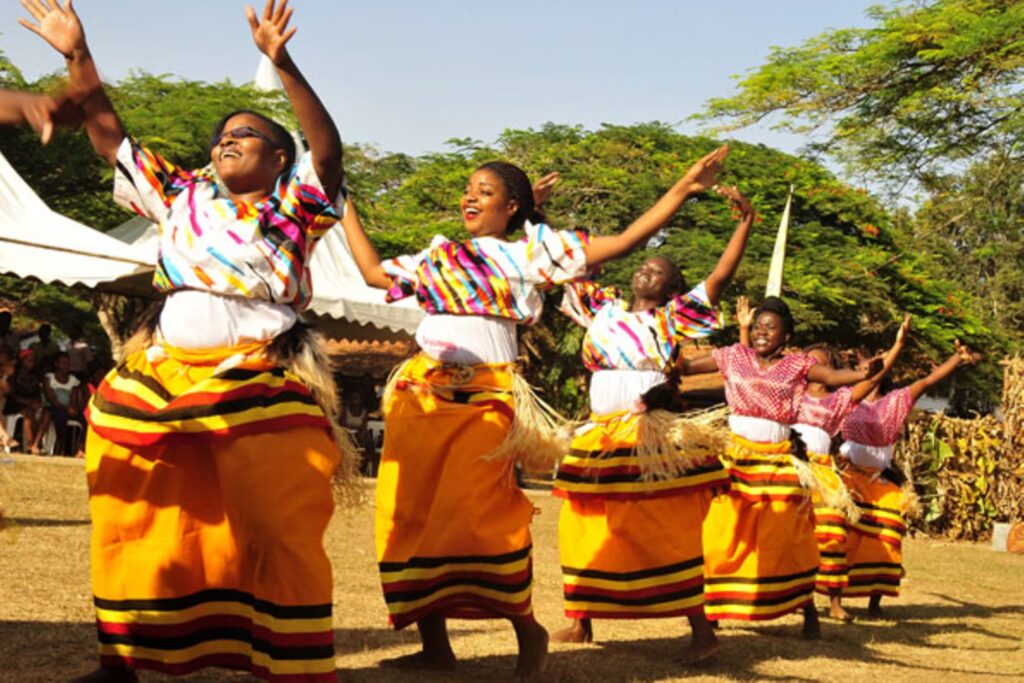
Runyankole – The Language of the Western Highlands
In southwestern Uganda, the Banyankole people speak Runyankole, a melodious Bantu language associated with the Ankole Kingdom. It is closely related to other western Ugandan languages such as Rukiga, Runyoro, and Rutooro, which form part of the “Runyakitara” language cluster — a standardized group developed to preserve linguistic unity among these communities.
Runyankole is spoken in towns like Mbarara, Bushenyi, and Ntungamo, where it dominates daily life and social interaction. It is the mother tongue of the Bahima (cattle herders) and the Bairu (farmers), both of whom share deep respect for cultural traditions expressed through language.
Travelers exploring the rolling hills of Ankole or the scenic Lake Mburo region will often hear greetings like:
- Agandi? – How are you?
- Ndaaho – I’m fine
- Webare – Thank you
Runyankole’s warmth and musical tone mirror the gracious hospitality of the region’s people.
Lusoga – The Voice of Eastern Uganda
In eastern Uganda, particularly around Jinja and Iganga, the Basoga people speak Lusoga. It is linguistically similar to Luganda but has unique expressions and tones. The Busoga region, known for its proximity to the source of the River Nile, is one of Uganda’s most vibrant cultural areas, and Lusoga plays a vital role in its identity.
While Luganda is also widely understood in Busoga, Lusoga is cherished for its proverbs, folk songs, and storytelling traditions. It embodies the cheerful and welcoming nature of the Basoga people.
Rukiga and Rutooro – The Languages of the Hills and Forests
In the highlands of Kigezi, near Bwindi Impenetrable Forest and Lake Bunyonyi, the Bakiga people speak Rukiga, another member of the Runyakitara family. It is closely related to Runyankole and shares similar grammar and vocabulary. Rukiga reflects the Bakiga’s hardworking and energetic nature, often expressed through lively songs and traditional dances.
Further north in the lush districts of Fort Portal and Kabarole, the Batooro people speak Rutooro, the royal language of the Tooro Kingdom. The Omukama of Tooro is a central cultural figure, and the kingdom’s traditions are preserved through language, storytelling, and music. Rutooro, like Rukiga, is melodious and expressive, filled with honorifics that convey respect and humility.
Luo and Acholi – The Northern Rhythms
In northern Uganda, the Acholi people speak Luo, a Nilotic language that connects them linguistically to the Luo-speaking communities of Kenya and South Sudan. The Acholi language carries a deep oral tradition of poetry, song, and folklore that binds the community together.
During Acholi ceremonies, especially weddings and dances like the Larakaraka, Luo words flow rhythmically through chants and songs that celebrate unity and love. Visitors to Gulu or Kitgum can enjoy the hospitality of the Acholi people while learning simple greetings such as:
- Itye nining? – How are you?
- Atye maber – I am fine
- Apwoyo – Thank you
Luo-speaking communities are known for their expressive communication style, where storytelling and humor are part of everyday conversation.
Ateso – The Voice of the Eastern Plains
Among the Iteso people of eastern Uganda, Ateso is the primary language. It belongs to the Nilo-Saharan family and is spoken in regions such as Soroti, Kumi, and Katakwi. The Iteso people are known for their hospitality, agricultural traditions, and lively dances.
Ateso is a language rich in proverbs and metaphors, often used to convey wisdom. Travelers exploring eastern Uganda will find locals eager to teach them common words and expressions as a gesture of friendship.
Karamojong – The Language of the Northeastern Warriors
In the dry plains of northeastern Uganda, the Karamojong people speak Ngakarimojong, another Nilotic language related to Turkana and Maasai. It is a language of strength and pride, reflecting the Karamojong’s pastoralist lifestyle and warrior heritage.
Though fewer people outside the region speak Ngakarimojong, it remains vital to the identity and oral traditions of the community. Travelers visiting Moroto can learn greetings like “Ejok noi” (How are you?) and “Ejok amun” (Good morning) as part of their cultural immersion.
Preserving Uganda’s Linguistic Heritage
Uganda’s linguistic diversity is one of its greatest treasures. While English and Swahili unite the nation, local languages continue to flourish in villages, homes, and marketplaces. They carry wisdom, humor, and moral values — the foundation of Uganda’s social fabric. Efforts to preserve indigenous languages are growing, with schools introducing regional languages in early education and radio stations broadcasting in local dialects.
For visitors, learning even a few words in local languages opens doors to deeper experiences. It turns transactions into friendships and journeys into cultural exchanges. Uganda’s people value connection, and nothing bridges cultures faster than a shared greeting or a heartfelt “webale” (thank you).
Why You Should Travel With Experiya Tour Company
To truly understand Uganda’s languages and the stories they tell, travel with Experiya Tour Company, a leading expert in cultural and authentic tourism. Experiya goes beyond standard safaris — they connect travelers to the people, voices, and rhythms that define Uganda’s soul. With knowledgeable guides fluent in multiple local languages, Experiya ensures every traveler experiences the country through its people and their words.
Whether you want to visit the Baganda in the heart of Buganda, chat with the Banyankole herders in the west, or listen to Acholi songs in the north, Experiya crafts personalized itineraries that blend adventure with cultural discovery. Their community partnerships ensure that every journey supports local livelihoods and preserves linguistic heritage for future generations.
Book your Ugandan adventure with Experiya Tour Company today and experience the language, laughter, and love that unite this remarkable country. In Uganda, every word tells a story — and Experiya will help you hear them all.

